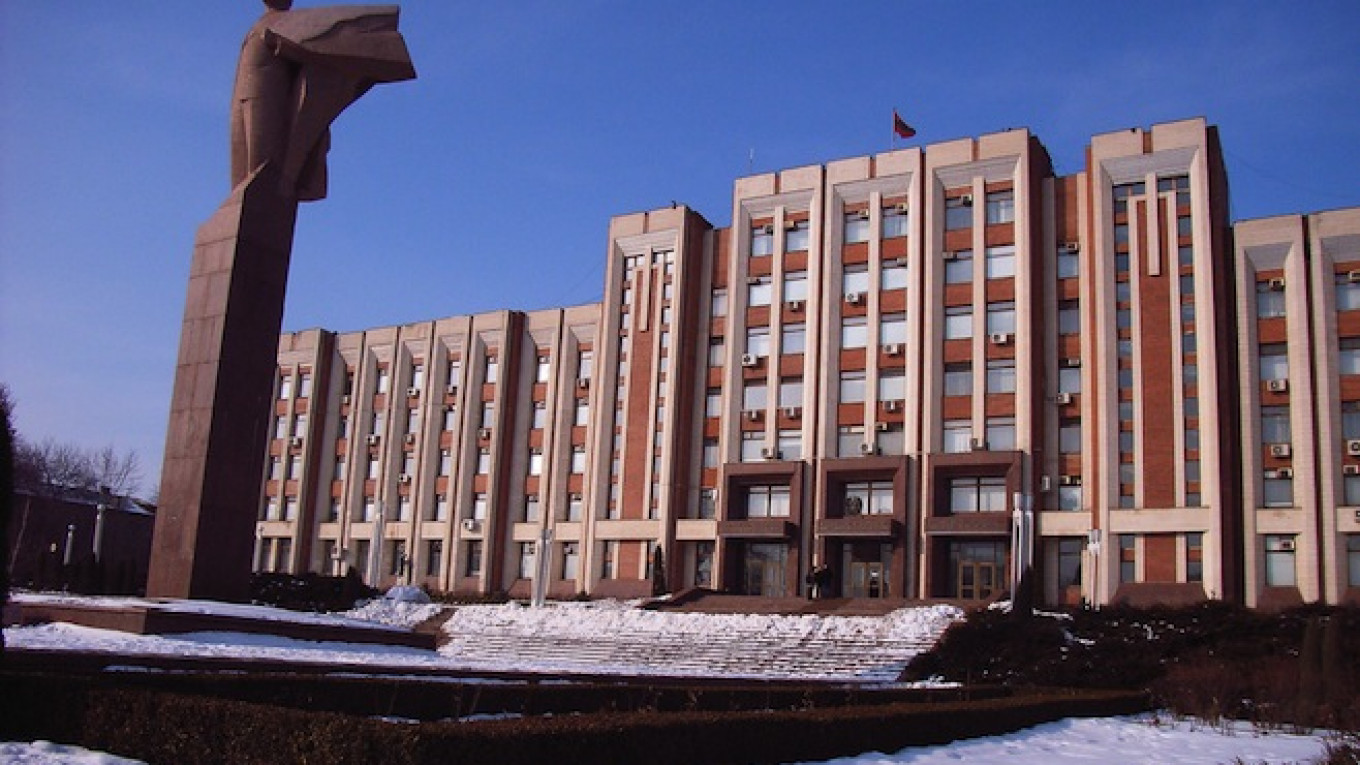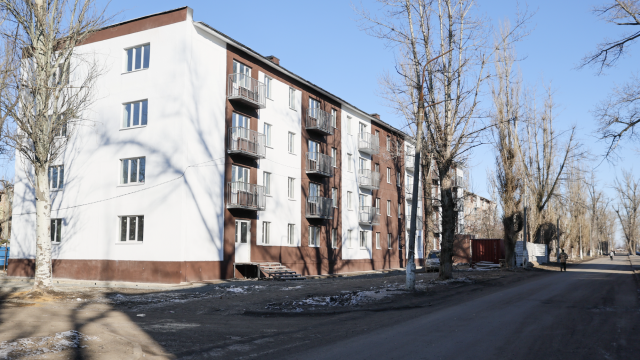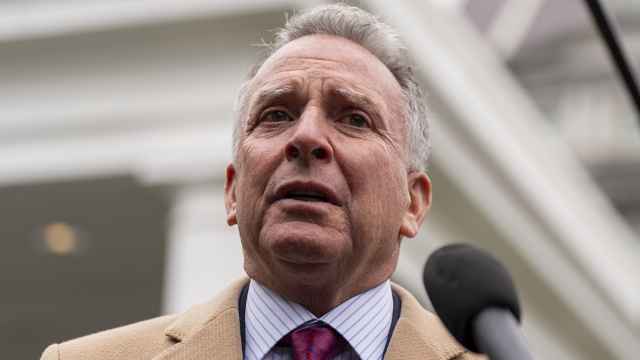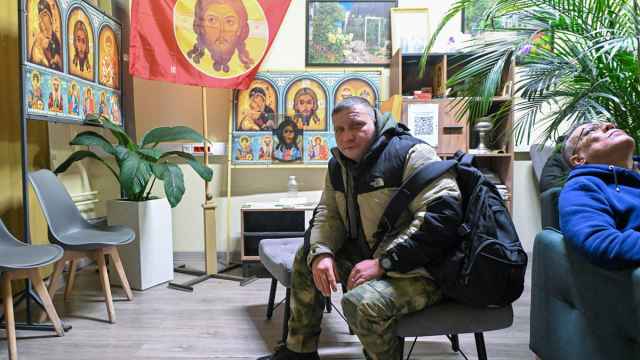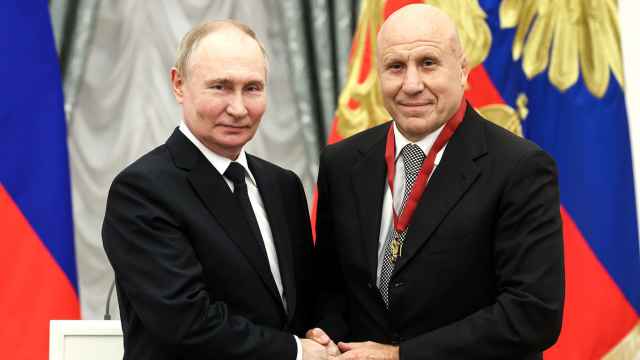Moscow on Wednesday said tying Moldova closer to the EU violated the rights of the people in the former Soviet republic's breakaway region Transdnestr and said it would foster closer ties with the enclave.
The crisis in eastern Ukraine, where Kiev is struggling against a rebellion by pro-Russian separatists, renewed concerns over Transdnestr, which broke away from Moldova in 1990 and has since sought to join Russia.
In Moscow, Deputy Prime Minister Dmitry Rogozin signed several government agreements with Yevgeni Shevchuk, the head of Transdnestr, which has not been recognized by any country as an independent state.
"Up until now, the majority of goods produced on the territory of Transdnestr was meant to go to EU countries," Interfax news agency quoted Rogozin as saying.
"Our task is to ... create conditions to redirect the production manufactured in Transdnestr to Russian markets," said Rogozin, who is also President Vladimir Putin's special envoy for Transdnestr.
Rogozin, known for his conservative brand of patriotism and anti-Western rhetoric, in May also brought a petition from Transdnestr to Moscow in which the breakaway region backed a union with Russia.
Russia's Foreign Ministry said the memoranda signed on Wednesday covered areas including manufacturing, trade, agriculture and transport.
The Moldovan parliament on Wednesday ratified an agreement tying it closer to the EU, which Chisinau signed on June 27 along with other former Soviet republics Ukraine and Georgia.
That happened in spite of Russia's opposition and drew swift threats of retaliatory trade action from Moscow.
Transdnestr is home to about 2,500 Russian soldiers and half-a-million people — 30 percent of them ethnic Russians — who look to Moscow as their patron. Moldova's autonomous region of Gagauzia also has historic and religious ties with Russia.
The EU and U.S. have threatened to ratchet up sanctions against the Russian economy unless it reins in the separatists in eastern Ukraine.
See also:
EU Association Agreements Not Seen as Threat to Russian Economy
A Message from The Moscow Times:
Dear readers,
We are facing unprecedented challenges. Russia's Prosecutor General's Office has designated The Moscow Times as an "undesirable" organization, criminalizing our work and putting our staff at risk of prosecution. This follows our earlier unjust labeling as a "foreign agent."
These actions are direct attempts to silence independent journalism in Russia. The authorities claim our work "discredits the decisions of the Russian leadership." We see things differently: we strive to provide accurate, unbiased reporting on Russia.
We, the journalists of The Moscow Times, refuse to be silenced. But to continue our work, we need your help.
Your support, no matter how small, makes a world of difference. If you can, please support us monthly starting from just $2. It's quick to set up, and every contribution makes a significant impact.
By supporting The Moscow Times, you're defending open, independent journalism in the face of repression. Thank you for standing with us.
Remind me later.


